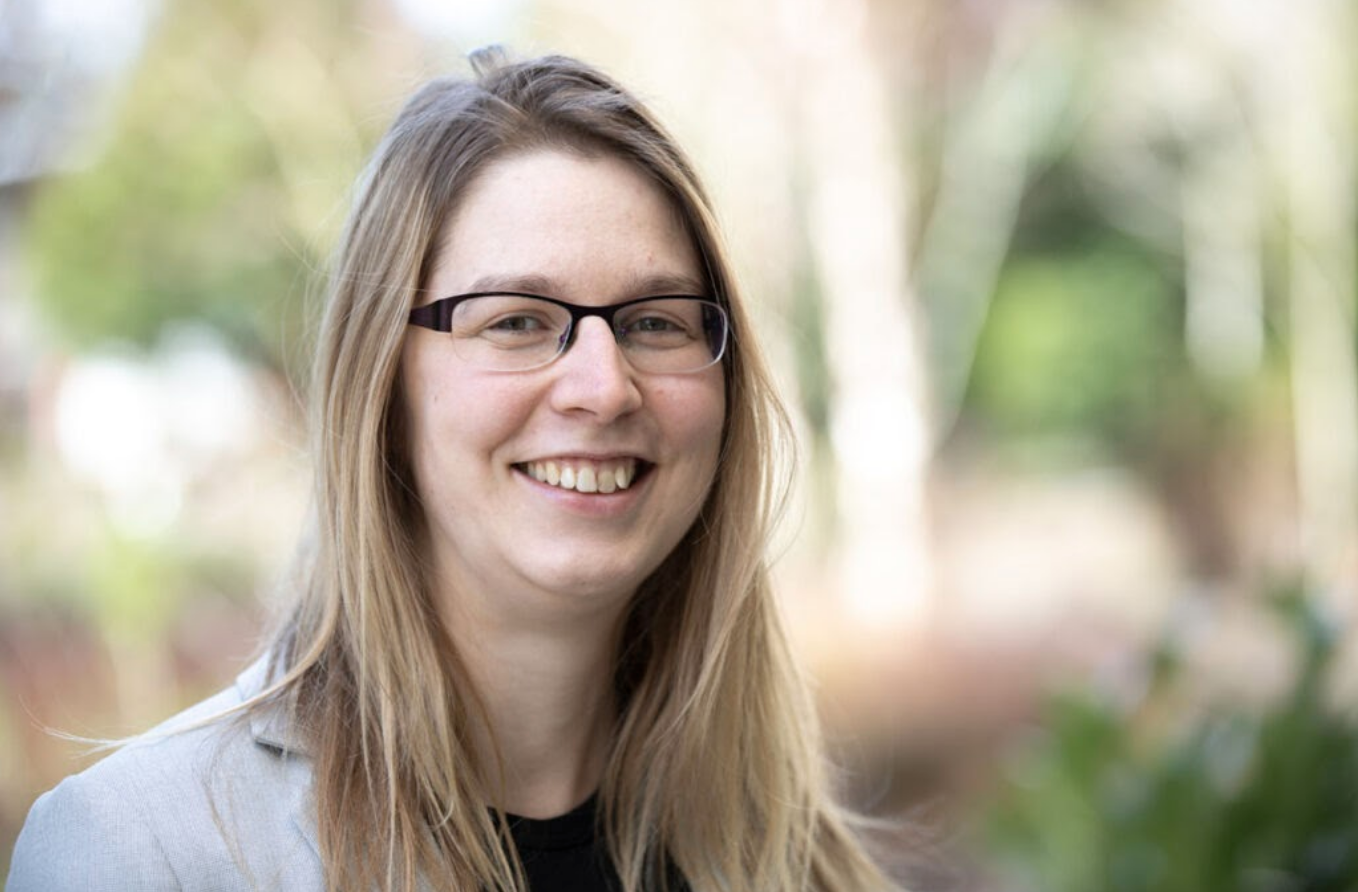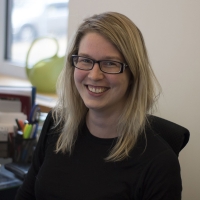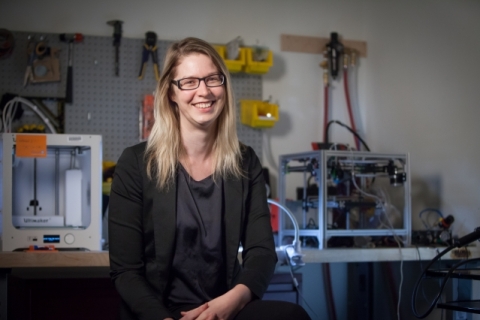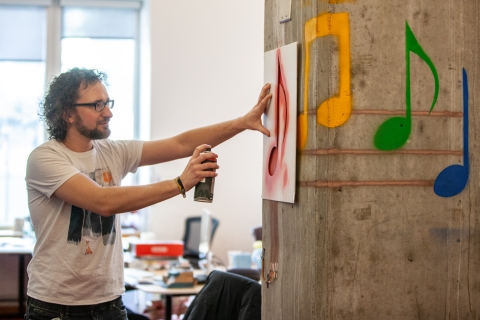The MIT Jameel World Education Lab has awarded $917,526 in Education Innovation Grants to support 14 research projects exploring a range of topics, including electrical engineering, extended reality, physical movement, and ecological sustainability. The grants will support researchers from 11 departments, labs, and centers across MIT — including Stefanie Mueller of CSAIL.
“Our Education Innovation Grants support MIT research that can improve learning everywhere,” says Anjali Sastry, faculty director of the Jameel World Education Lab. “We share ideas, disseminate emerging findings, and collaborate with innovators who join us to lead global change in education. Educators in dozens of countries will learn from this year’s inspiring efforts to tackle core challenges in education with innovative new methods and means. Through light-up sneakers, glassblowing, and autonomous vehicles, grantees are enabling learning from curriculum-linked real-world projects, prototyping effective ways to embed evidence-based insights and research into the design of learning experiences, and enabling transitional learners to benefit from high-quality education.”
Since 2017, the Jameel World Education Lab, part of MIT Open Learning, has awarded more than $5 million in funding to MIT researchers for projects to address teaching and learning across the life cycle, from pK-12 to higher education to workforce learning. Over the years, grants have supported educational innovations across a rich variety of MIT fields: mechanical engineering, literature, architecture, computer science and artificial intelligence, aeronautics and astronautics, management, physics, and more.
“We are energized by the breadth and scope of topics from this year’s grantees,” adds Maria Segala, data, reporting, and grants administrator for the Jameel World Education Lab. “We look forward to connecting the innovative work of our grantees to the broader MIT community, Jameel World Education Lab member organizations, and educators and learners around the world.”
The 2023 Education Innovation Grant will support one of Mueller's projects:
"Studying educators’ practices in makerspaces to build a curriculum for maker skill learning" — Stefanie Mueller, the TIBCO Career Development Associate Professor in the Department of Electrical Engineering and Computer Science and head of the Human-Computer Engineering Group at the Computer Science and Artificial Intelligence Laboratory
Existing research into makerspaces mainly focuses on students’ experiences, neglecting educators’ perspectives. Mueller proposes that understanding educators’ viewpoints can guide the development of better educational tools and approaches, while studying diverse makerspaces across contexts can provide insights into effective practices.



